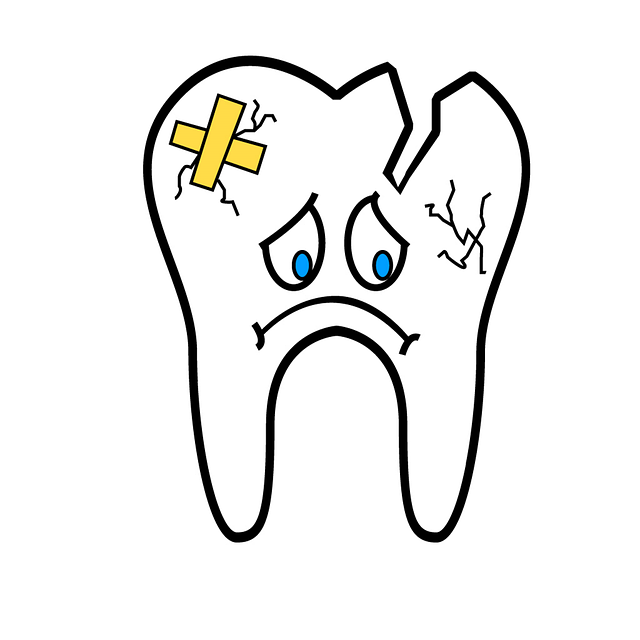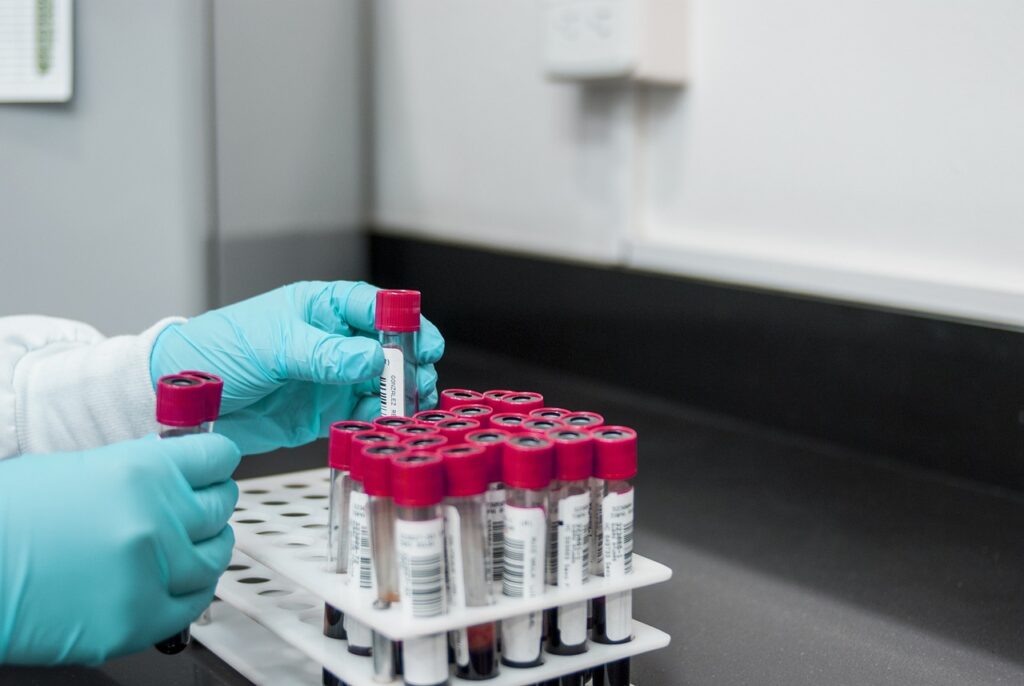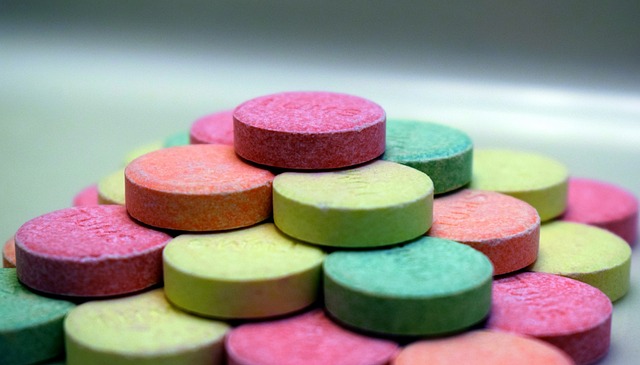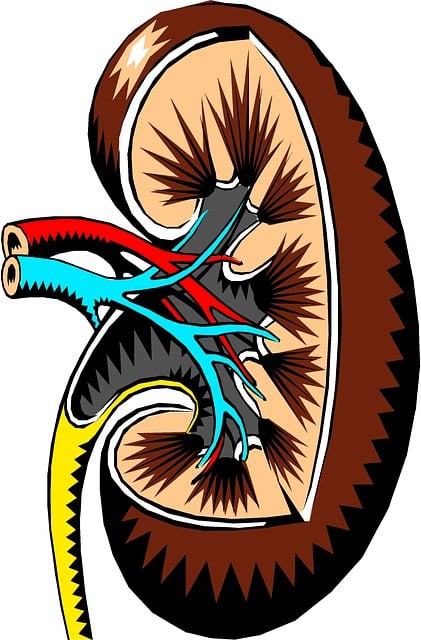

Tea has been a liked beverage for centuries, with its warm and comforting qualities making it a staple in many cultures. From cozying up with a hot cup of tea on a wet day to savoring a fresh iced tea in the summer, tea has grown to be ingrained in our daily lives. However, as lots as we can also love our everyday cup of tea, it is critical to acknowledge the ability negative aspects of this drink.
While tea does offer many health benefits, it’s important to strike stability and not overdo it. Drinking an excessive amount of tea will have bad results on our health, that’s why it is important to apprehend the capacity downsides. From the caffeine overload that may make us feel jittery and anxious to the potential for tooth decay and stains, there are factors of tea intake that we must be aware of.
Additionally, certain sorts of tea, together with black tea, can interfere with iron absorption in the body, which may be a problem for individuals who have iron deficiency or anemia. Tea also can boost the danger of heartburn and gastroesophageal reflux ailment (GERD) because of its acidity.
In this blog submission, we’ll take a better look at the sour reality at the back of the negative aspects of tea in your health. By information on the potential downsides, we can make knowledgeable selections approximately our tea intake and make sure that we strike a balance between enjoying this cherished beverage and looking after our fitness. Stay tuned for extra insights on the risks of tea inside the following sections.
Caffeine Overload

Tea is a beverage that gives us many advantages, from antioxidants to a lift in strength. However, it is crucial to remember the fact that there can be too much of a great issue. Consuming excessive quantities of tea can cause a caffeine overload, which could have bad results on our fitness.
While the caffeine content in tea is normally decrease than that of espresso, it could nevertheless add up if we’re no longer aware of our consumption. Too lots tea can leave us feeling jittery, traumatic, or even disrupt our sleep. This is due to the fact caffeine is a stimulant that impacts our significant nervous gadget, growing alertness and causing those unsightly facet results whilst fed on in excess.
So how many cups of tea are too many? It relies upon different factors, such as personal tolerance and sensitivity to caffeine. Some human beings may be more liable to its effects than others. Generally, it’s recommended to limit caffeine intake to no more than four hundred milligrams per day, which is equivalent to approximately four cups of tea. However, it’s crucial to note that positive teas, together with inexperienced tea and black tea, contain specific quantities of caffeine.
While the blessings of tea are simple, it is essential to strike a balance and be aware of our consumption. By being privy to the ability downsides of caffeine overload, we are able to enjoy the numerous blessings of tea without compromising our health. So go ahead and delight in that cup of tea, but consider holding it in moderation.
Tooth Decay and Stains

Tea, with its comforting and secure features, has grown to be a loved beverage for a lot of us. We frequently locate solace in sipping on a warm cup of tea, whether or not it’s to begin our day or wind down in the nighttime. However, it’s critical to be privy to the capability risks of ingesting too much tea, one all that is enamel decay and stains.
While tea gives numerous health blessings, which include antioxidants and capability benefits for pores and skin health, excessive tea consumption can result in dental issues. This is particularly because of its excessive tannin content material. Tannins are herbal compounds found in tea that can cause staining on our enamel and cause tooth decay.
The tannins in tea can bind to the tooth on our teeth, causing discoloration and stains over time. Additionally, tea can also contribute to the erosion of teeth teeth, making our enamel more vulnerable to decay. The acidity of positive kinds of tea, consisting of black tea, can in addition exacerbate these consequences.
To reduce the risk of tooth decay and stains, it is critical to exercise desirable oral hygiene. Brushing your tooth after eating tea can assist in eliminating any tannin residue and reduce the probability of staining. Additionally, everyday dental cleanings and the usage of whitening toothpaste can help keep your teeth vibrant and healthy.
While having a cup of tea every day is normally safe, it’s important to be aware of your consumption. By taking steps to guard your tooth, you may hold to enjoy the many blessings of tea without compromising your oral fitness.
Interference with Iron Absorption

Tea is frequently touted for its several health benefits, from boosting metabolism to supporting coronary heart health. However, it is crucial to be privy to the capability downsides of ingesting too much tea. One such subject is its interference with iron absorption in the frame.
While tea may also appear innocent, it consists of compounds referred to as tannins which could preclude the absorption of iron from meals. Iron is a crucial mineral that plays a critical role in carrying oxygen at some stage in our body. When we eat tea with meals or rapidly after, the tannins can bind to the iron in our meals, stopping our body from completely soaking up it. This may be a particular challenge for people who’ve iron deficiency or anemia.
It’s important to word that the volume of iron absorption interference can vary depending on the kind of tea fed on. Black tea, as an example, has better degrees of tannins in comparison to inexperienced tea. If you depend upon tea as your number one beverage or devour massive portions each day, it’s advisable to split tea intake from food by a minimum of an hour to reduce the capacity interference with iron absorption.
Increased Risk of Heartburn and GERD

Tea, with its warm and soothing features, has become a move-to beverage for many of us. It’s a tremendous manner to loosen up and unwind after a protracted day. However, too much tea can have its downsides, one of which is an elevated danger of heartburn and gastroesophageal reflux disorder (GERD).
Heartburn and GERD are commonplace digestive problems that can motive pain and pain in the chest and throat. They arise while stomach acid flows returned into the esophagus, causing inflammation and irritation. While tea is commonly taken into consideration as a wholesome beverage, it can be a trigger for these conditions because of its acidity.
Certain forms of tea, such as black tea, have a higher acidity stage, that could worsen signs and symptoms of heartburn and GERD. Additionally, tea includes compounds called polyphenols, that can loosen up the decreased esophageal sphincter (LES), a muscular valve that typically prevents belly acid from flowing back into the esophagus. When the LES is cozy, it will become simpler for belly acid to reflux, leading to heartburn and GERD signs.
If you’re at risk of heartburn or GERD, it can be an amazing idea to restrict your tea intake, in particular the extra acidic varieties. Green tea, which has a lower acidity level, maybe a better choice for people with these conditions. It’s also essential to be aware of how your frame reacts to tea and to pay attention to any symptoms it may be signaling.
While tea offers many advantages and has a long history of use in traditional medicine, it is essential to discover the proper balance. Moderation is prime in relation to enjoying tea and heading off the potential risks. So, cross ahead and relish your cup of tea, but take into account your personal tolerance and any symptoms that may stand up. Your fitness and comfort have to constantly come first.
Kidney Stones

Tea, with all its warm temperature and flavor, has long been a favorite beverage for people all around the globe. We sip on tea for rest, rejuvenation, and even as a social bonding experience. However, it is crucial to be privy to the potential drawbacks of consuming an excessive amount of tea, one of which is the accelerated threat of kidney stones.
Kidney stones are tough mineral deposits that shape the kidneys and can cause severe pain and pain. While tea is usually considered a healthful beverage, positive compounds in tea, which include oxalates, can contribute to the formation of kidney stones.
Oxalates are natural taking place materials discovered in lots of foods, inclusive of tea. When eaten up in immoderate amounts, oxalates can bind with calcium within the urine, leading to the formation of kidney stones. Black tea, specifically, has been determined to incorporate higher ranges of oxalates as compared to different styles of tea.
That doesn’t imply you need to give up tea completely, although. In fact, moderate tea intake has been associated with numerous fitness benefits. However, when you have a history of kidney stones or are at a better hazard, it is advisable to limit your tea intake, specifically black tea.
As with any food or drink, moderation is prime. By enjoying tea sparsely and staying hydrated with plenty of water, you may nevertheless revel in the benefits of this cherished beverage without increasing your chance of kidney stones. So, go in advance and delight in that glass of tea, however, consider listening to your body and make choices that support your typical health and well-being.
Addiction and Withdrawal Symptoms
Tea has long been a loved beverage, with its warmth and comforting characteristics making it a move-to preference for lots. From its wide style of flavors to its capacity fitness advantages, it is easy to see why humans revel in a cup of tea each day. However, there can be downsides to consuming an excessive amount of tea, one of which is the potential for dependency and withdrawal signs and symptoms.
Tea contains caffeine, a stimulant that may be addictive whilst fed on in immoderate quantities. If you find yourself relying on tea to get through the day or experiencing withdrawal signs and symptoms consisting of headaches or irritability whilst you try and reduce your lower back, it may be a sign of tea addiction. While tea dependency isn’t always as not unusual or intense as a few different materials, it is nonetheless something to take into account.
To prevent tea addiction, it is critical to moderate your tea intake and be privy to your caffeine intake. It’s also an awesome idea to take breaks from ingesting tea frequently to offer your frame a threat to reset. If you do enjoy withdrawal signs and symptoms whilst slicing again on tea, it may be useful to steadily reduce your consumption as opposed to quitting.
Remember, moderation is fundamental in relation to enjoying tea and reaping its blessings. By being aware of the capability for dependency and withdrawal signs and symptoms, you may ensure that your tea habit stays a healthy and enjoyable part of your lifestyle.
Impaired Sleep Quality

Tea has long been associated with relaxation and comfort, making it the perfect beverage to experience earlier than a mattress. However, ingesting an excessive amount of tea can sincerely impair your sleep high-quality and leave you feeling restless and groggy in the morning.
One of the main culprits in the back of this is, you guessed it, caffeine. While tea does contain much less caffeine than espresso, it could nonetheless have a large impact on your sleep. Caffeine is a stimulant that blocks the results of adenosine, a neurotransmitter that promotes sleep. So even in case you experience a cup of decaffeinated tea, it is able to nevertheless comprise strains of caffeine which can intervene together with your sleep.
Additionally, tea consists of an amino acid referred to as theanine, which can have a calming impact and sell rest. While this will be useful during the day, ingesting tea too close to bedtime can disrupt your sleep cycle and make it hard to be able to doze off.
If you locate that your sleep best is suffering due to your tea intake, don’t forget to restrict your intake within the afternoon and night. You may additionally want to interchange natural teas, together with chamomile or peppermint, that are obviously caffeine-unfastened and may sell a greater restful sleep.
Remember, whilst tea does offer numerous health benefits, it is vital to strike stability and not overdo it. By being aware of your tea consumption, particularly inside the hours as much as bedtime, you may ensure an awesome night’s sleep and wake up feeling refreshed and energized. So pass beforehand and revel in your cup of tea, but be sure to achieve this moderately to reap the blessings without sacrificing your sleep.
